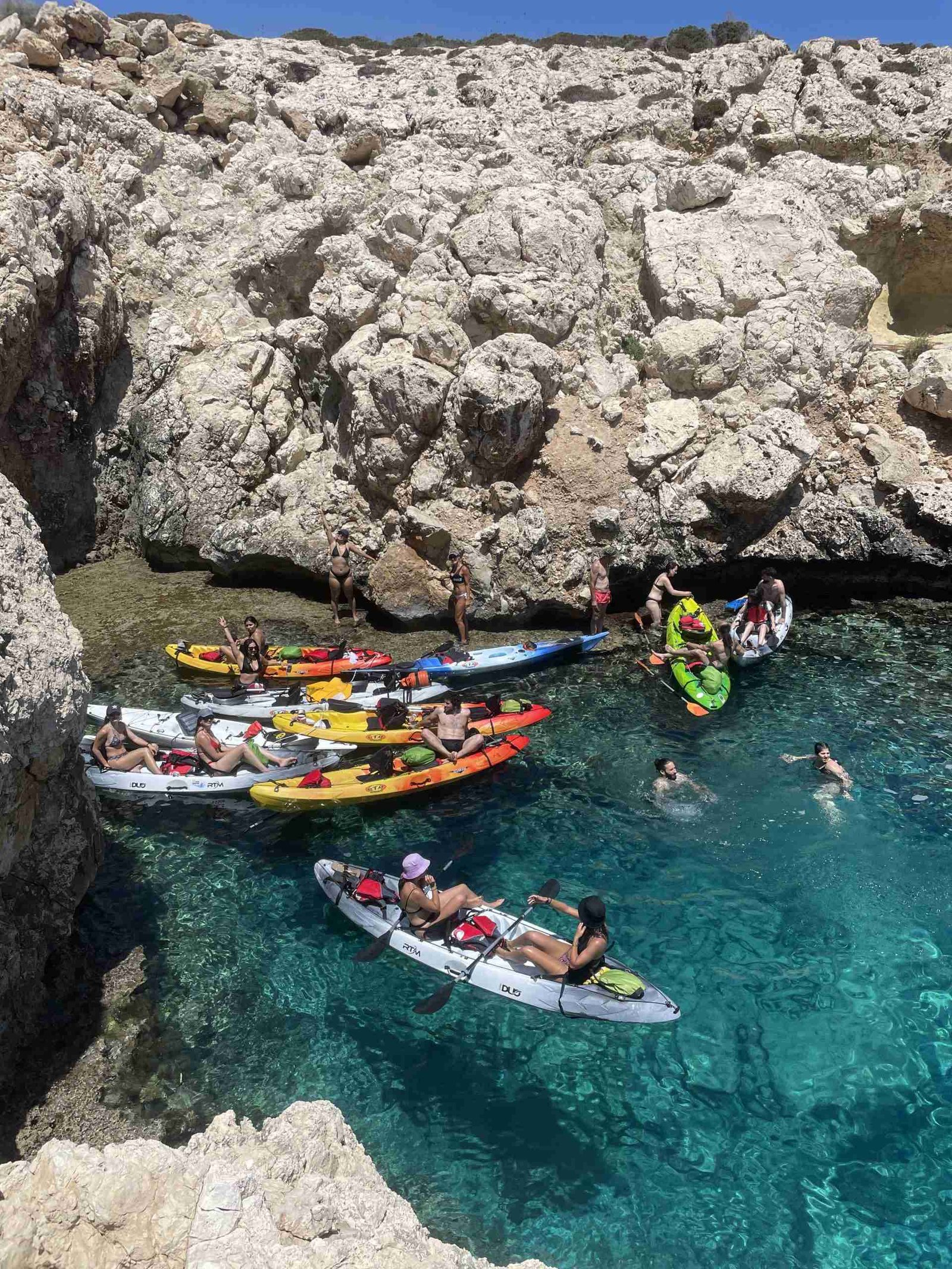Exploring the Great Outdoors: The Benefits of Hiking
In today’s fast-paced world, finding ways to rejuvenate our minds and bodies is essential. One activity that offers a host of benefits for people of all ages and fitness levels is hiking. In this blog, we’ll delve into the joy of hiking and why it’s a fantastic way to reconnect with nature and enhance overall well-being.
Reconnect with Nature: Hiking offers a unique chance to immerse ourselves in the splendor of the natural world. By leaving behind the hustle and constant distractions of modern life, we step onto the trail and enter into a realm of serenity and tranquility. This connection with nature not only diminishes stress but also elevates happiness and fosters mental clarity.
Physical Fitness: Hiking is an excellent way to stay active and improve physical fitness. As we navigate various terrains, our bodies engage in a full-body workout. Uphill climbs build leg and glute strength while descending strengthens core muscles and improves balance. Regular hiking can also help lower blood pressure, reduce the risk of heart disease, and maintain a healthy weight.
Mental Health Benefits: Alongside physical well-being, hiking has remarkable benefits for mental health. Spending time in nature, coupled with the physical activity involved in hiking, triggers the release of endorphins, which play a pivotal role in promoting a positive mood while simultaneously reducing anxiety and depression. Engaging in hiking offers a much-needed respite from the daily pressures of life, effectively clearing the mind, enhancing creativity, and improving problem-solving skills. It acts as a natural antidepressant, restoring mental balance and rejuvenating the spirit.
Social Connections: While hiking can be enjoyed alone for self-reflection, it can also be a fantastic social activity. Gathering a group of friends or joining a local hiking club allows us to share the experience. Hiking with companions strengthens relationships, facilitates meaningful conversations, and creates lasting memories. It also provides an opportunity to meet new people who share a love for the outdoors, expanding our social network and fostering a sense of community.
Increased Appreciation for the Environment: Hiking makes us active participants in preserving and appreciating the environment. As we traverse nature trails, we develop a deeper understanding of the delicate ecosystems surrounding us. Hiking instills a sense of responsibility to protect and conserve natural resources. By leaving no trace, following trail guidelines, and respecting wildlife habitats, we contribute to preserving these beautiful landscapes for future generations.
Adventure and Exploration: Hiking opens up a world of exploration and adventure. From rugged mountains to picturesque valleys, countless trails await discovery. Each hike offers a unique experience, allowing us to witness breathtaking vistas, encounter diverse flora and fauna, and discover hidden gems along the way. Challenging ourselves with new trails and reaching new heights fosters a sense of accomplishment and builds confidence.
To conclude, Hiking offers a powerful antidote to the busyness of modern life. It allows us to reconnect with nature, improve our physical fitness, and enjoy a myriad of mental health benefits. Through hiking, we deepen our appreciation for the environment and foster social connections. Each trek becomes an adventure, a chance to explore, and a means to challenge ourselves. So, let us embrace the joy and rejuvenation that hiking brings. Lace-up your boots, step onto the trails, and embark on a journey of discovery, wellness, and connection. The wonders of hiking await, ready to enrich our lives in countless ways.



